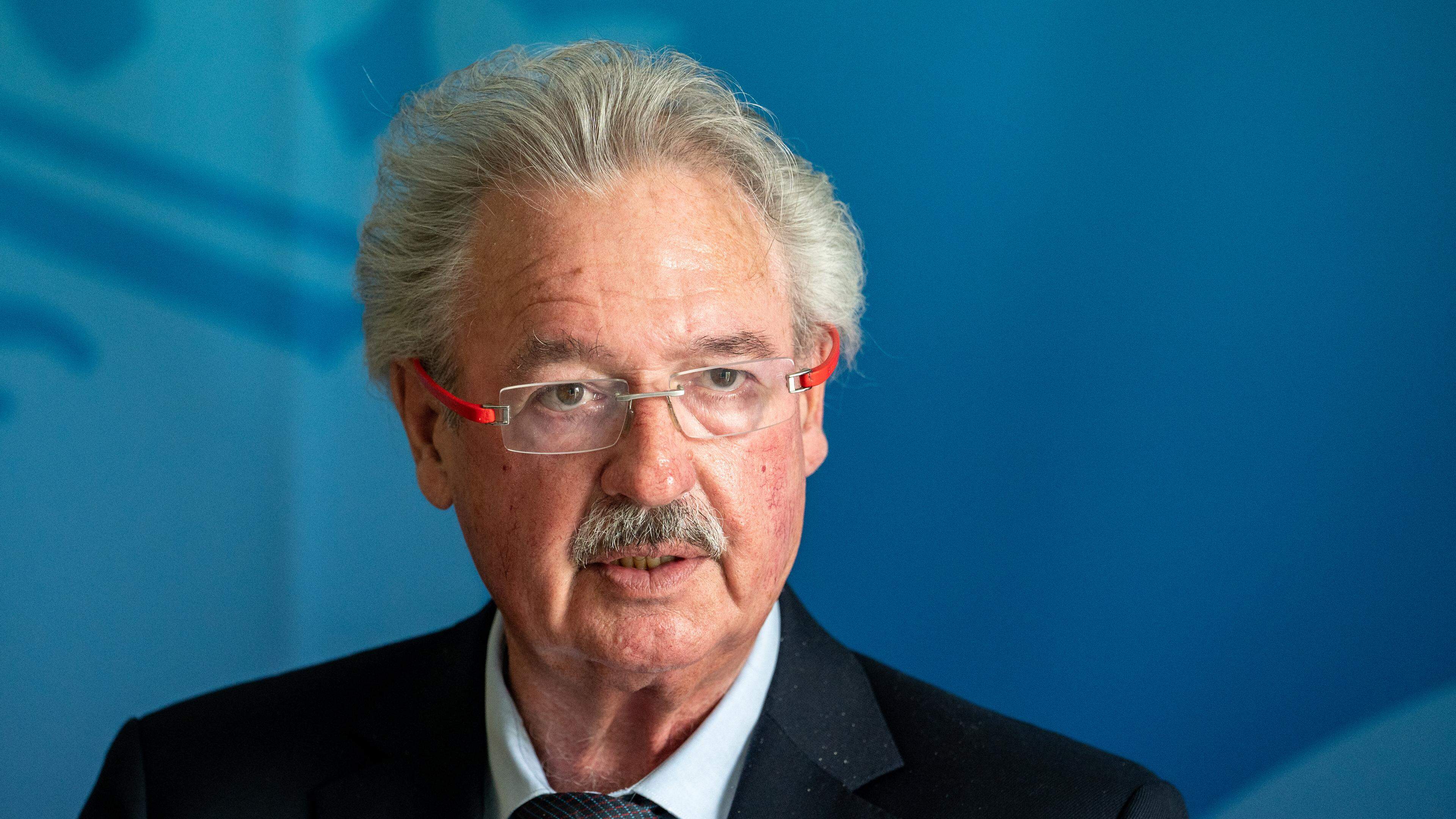« Kaspersky Laboratory » begins to provide communication services abroad

“Kaspersky Laboratory” launches ESIM to provide Internet access abroad, 150 countries and 2 thousand tariff plans of partner operators will be available for connection. Exit tourism in Russia as a whole can by the end of the year grow by 5-8%, and the demand for connection abroad and the telecommunication operators themselves are fixed.
The company -developer in the field of cybersecurity “Kaspersky Laboratory” takes to the ESIM market, focusing on providing the Internet abroad. The Kommersant was told about this in the company. Sale of virtual SIM cards is offered through Kaspersky Esim Store-an IOS and Android application, as well as the site.
Communication will be provided in more than 150 countries, tariff plans include 2 thousand offers from local communication operators. The company’s partner is the international Bnesim Limited.
As explained in the company, two connection formats will be available: short -term, for a fixed period, and an unlimited, valid before the consumption of the bought traffic package. Payment of services will be available from Russian cards, added to the company. For example, with a short -term tariff in Turkey, 1 GB of Internet will cost 99.36 rubles for 30 days, 100 GB for 30 days – 4.1 thousand rubles.
“This is an expansion of business and the opportunity to reach a new audience,” Kaspersky’s laboratories explain in Kaspersky Laboratory. The company decided to « enrich the portfolio with a complementary product in a fast -growing market and cover new segments of the audience. »
The global revenue of Kaspersky Laboratory for 2024, represented in April, amounted to $ 822 million, net profit was not disclosed. In the B2C reference, the company’s incomes showed growth in Russia and the CIS countries, the countries of the Middle East, Africa and Turkey, and Latin America. Growth drivers in the segment are the company’s mobile applications for iOS and Android. The company also develops its own mobile operating system. The Russian telecom market last year increased by 6.2%, to 2 trillion rubles.
In general, in Russia, away tourism in 2025 after the recession also demonstrates growth. This year it can increase by 5-8%to 28.4–29.2 million trips, according to Neo. For the first quarter of 2025, the Russians made 5.57 million exits abroad. Holding factors remain a high cost of travels, a limited number of available areas and blocking Russian bank cards (See “Kommersant” from May 14).
“The number of traveling abroad remains stable compared to last year,” says Vimpelkom. There is a surge in interest in certain areas: the flow of tourists in Vietnam increased by 81%, Saudi Arabia – by 39%, China and Egypt – by 35%. The option proposed by the “Kaspersky Laboratory” “exempts from the need to overpay for roaming or solve the problem of acquiring the SIM card of the operator of the country of stay,” says Dmitry Nazarkin, representative of the Veles Capital IR: “I believe that the output to the product market is not just the expansion of the line, but the claim to take a significant share of the ESIM market, since the company has a strong one A brand both in the Russian Federation and in the Middle East, in Africa, Latin America and other countries. ”
Megafon confirm the growth of communication and the Internet abroad, but add that international ESIM solutions do not always serve as a full replacement for classical roaming. For many subscribers, it is important to stay in touch with their number. In addition, when using foreign ESIM, problems with the entrance to various Russian resources may arise. MTS and T2 refused to comment.
The managing partner of TMT Consulting Konstantin Ankilov recalls that the Russian roaming market has not restored after the pandemic, but the offer may be relevant for foreign buyers. In his opinion, the trend is more important than the IT company enters the communication market and begin to compete with traditional telecom operators. “In the coming years, we will see more and more such examples, and these will be different services and business models,” he predicts.








:format(webp)/s3/static.nrc.nl/taxonomy/4a3ec6c-commentaar-artikelafbeelding-2024.png)